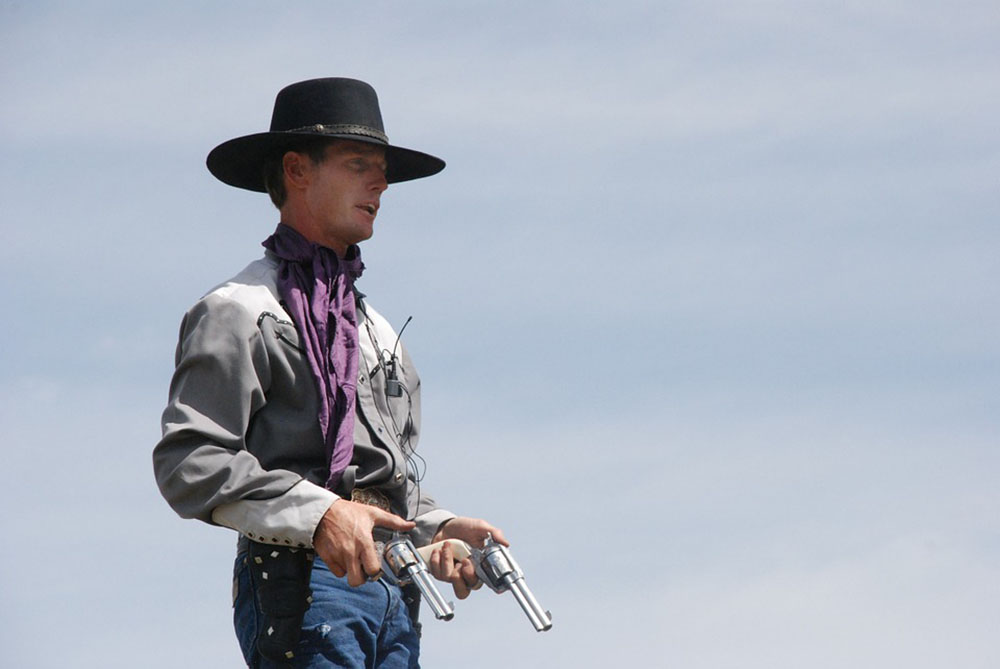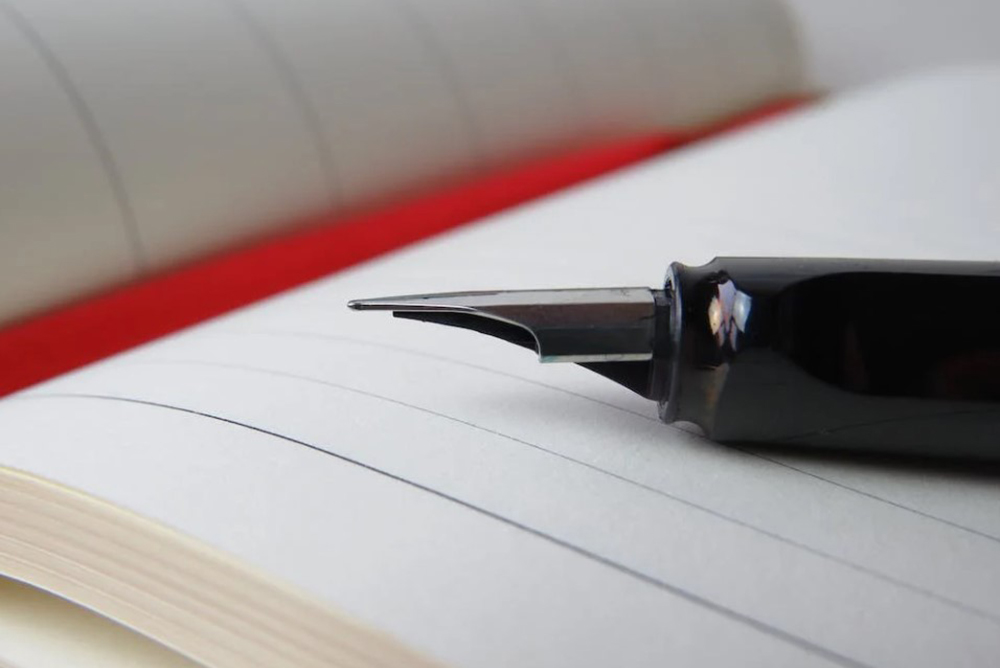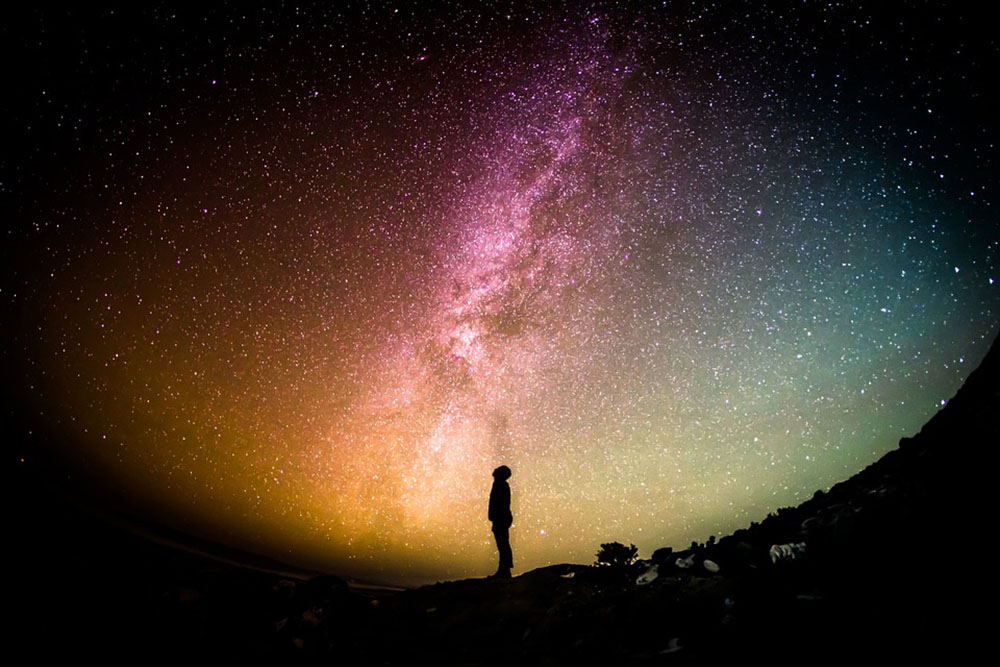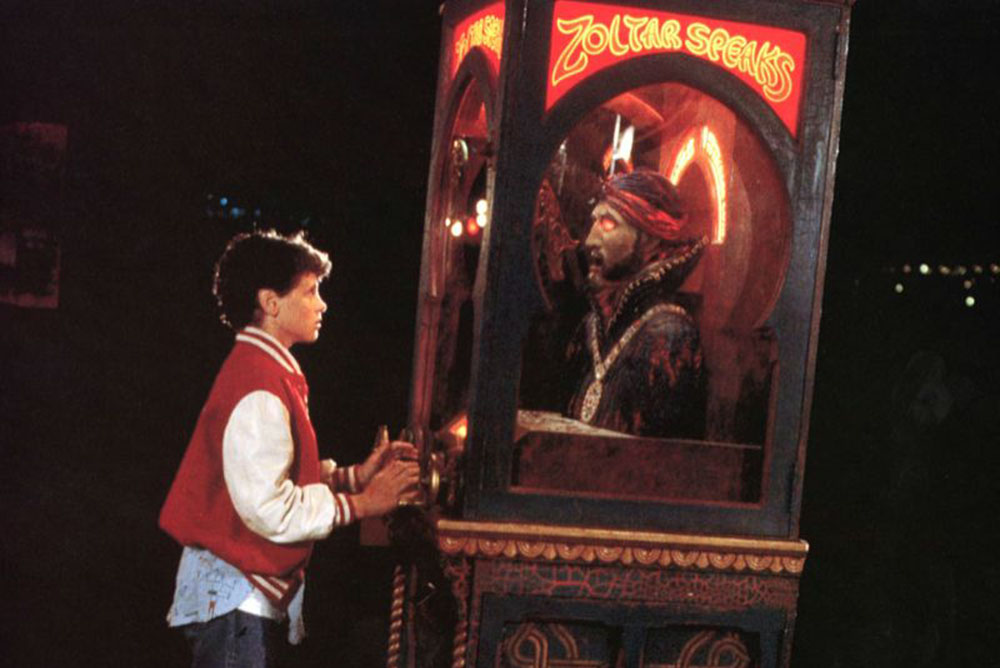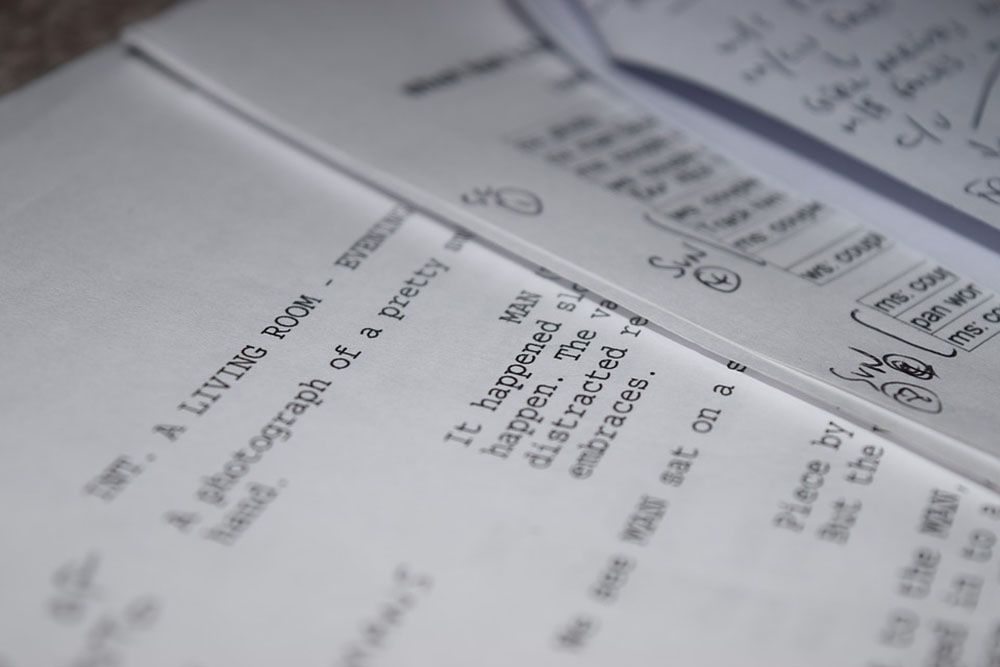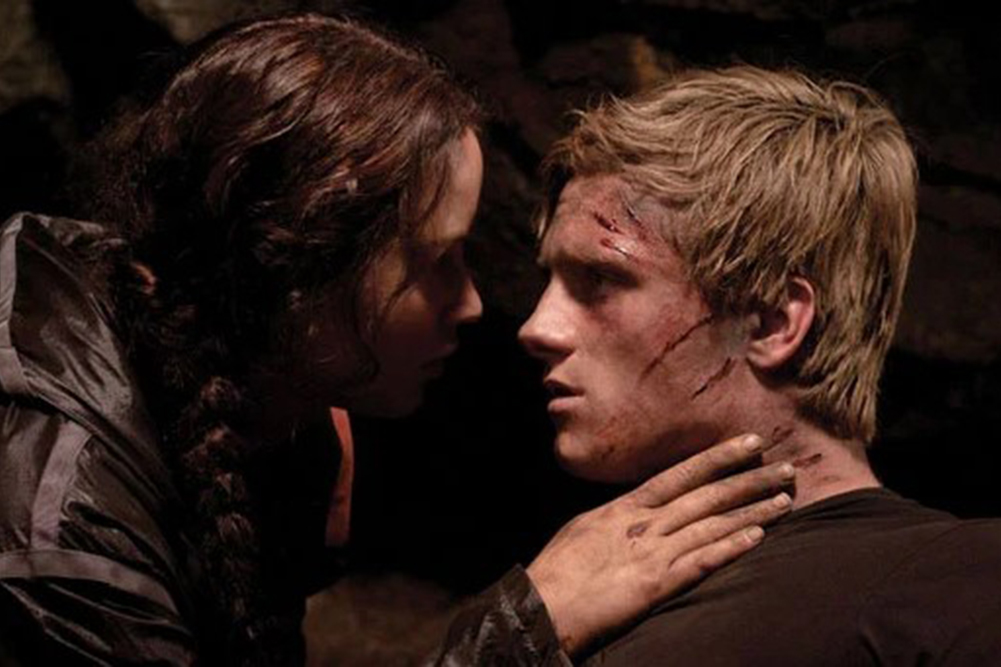
browse by topic
No Good Guys, No Bad Guys
There are times, as storytellers, when we can be so bull-headed about what we want to express, that we end up pushing an agenda rather than telling a story. We create “good guys and bad...
Writing the Reluctant Protagonist
“My aim is to put down on paper what I see and what I feel in the best and simplest way.”- Ernest Hemingway Allow the Protagonist to Feel Reluctance No one likes change. The unknown is scary. The end...
Memoir: Mastering the Impossible
“While they were saying among themselves it cannot be done, it was done.” – Helen Keller The purpose of art is to illuminate the possibility for transformation. The goal of memoir is to make the...
The Writer’s Place
“Where did that come from?” I believe there is something we writers are collectively seeking. We are all attempting to convey an experience, a true moment, to tell a story that somehow...
Stay Curious
“The curious are always in some danger. If you are curious, you might never come home.” – Jeanette Winterson When my son was three years old, he was Captain Hook for Halloween. It was...
What Do I Write Next?
Writers frequently come to me and say: “I have three ideas. Which one should I write next?”In the 90-day workshops, one of the first exercises we do is we write for five minutes, beginning...
Story is an Argument
(Image from “Big” 1988) Story is an argument. The theme (or dramatic question) is the thesis statement, and the story is the argument played out. Any argument requires opposing forces...
What is My Screenplay About?
When we think of our favorite movies, there is invariably an element that is so novel, so surprising, that it ignites our imagination. Think of the character Hannibal Lecter in Silence of the Lambs...
First-Time Novelists: Dealing with Fear
Many authors share a similar fear: “What will people think?” It looks slightly different for each writer. What will my parents think when they find out I have these thoughts? What will my friends...
Hold the Story Loosely
Our idea of the story is never the whole story. The act of writing a novel, memoir, or screenplay is a way of developing a coherent narrative for something that began as a simple idea or image. We are...
What Does it Mean?
Everyone has a story. It takes courage to tell it, be it memoir or fiction, because there comes a point where we must separate the facts from the truth. The challenge for the storyteller lies in...
Choose Love
In every story, love is the mystery that is always on the table. In the beginning of your story, the question may appear to be a choice between loving and not loving. But perhaps you have already...
Passion
“I have no special talents. I am only passionately curious.” – Albert Einstein What do you feel passionate about? What is your position on justice, authenticity, self-authority, the need for...
The Inner Critic
“Don’t worry about what the world needs. Ask what makes you come alive, and go do it. Because what the world needs are people who have come alive.”– Howard Thurman There’s a difference between...
Hope
Have you ever seen a dog waiting for their master at a window — their wet nose pressed against the glass, eyes watching the street expectantly for any sign of their beloved guardian? It’s sort of...
12 Maxims of The 90-Day Novel
Have you thought about your creative goals for this coming year? If you’re planning to write your novel, here are 12 maxims that will guide you to the end of your first draft in 90 days. 1) When...
Exploring Your Protagonist’s Dilemma
(Image from The Hunger Games, 2012) “The moment we want to believe something, we suddenly see all the arguments for it, and become blind to the arguments against it.” – George Bernard Shaw...
Dramatizing Character
“And the day came when the risk to remain tight in a bud was more painful than the risk it took to blossom.” – Anaïs Nin Good writing is a synthesis of ideas and instincts working in concert. Letting...
Workshops

Creativity is your birthright. Your sole purpose is to build a body of work.


